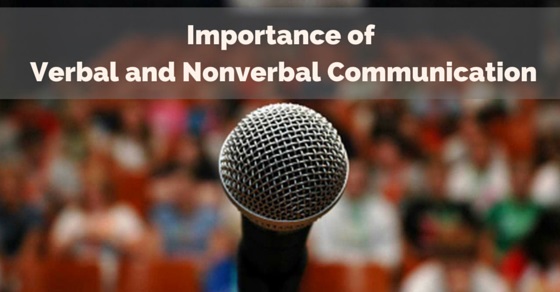

In non-formal education, a variety of approaches are used to establish classroom rules and to facilitate the. In formal education, a set of predetermined and uniform rules and procedures are applied to the various aspects of the curriculum. Indicate number of adults involved in activity: * The learning process in both formal education and non-formal education involves a structured process.The following documentation is to be uploaded prior to submitting the application: It caters for people of all ages, but does not necessarily apply a continuous. NFE has, in general, been an expression of the desire to provide education and facilitate learning through alternative modes of delivery for children and. It is often provided to guarantee the right of access to education for all. Agree with the Terms and Conditions for the application (Please refer to the information Page for more details): *ģ. The defining characteristic of non-formal education is that it is an addition, alternative and/or a complement to formal education within the process of the lifelong learning of individuals. This chapter will include several examples of how non-formal education serves as a foundation for active learning. Non-formal education and learning is characterised by a deliberate engagement of a person, in any organisation which provides purposeful education and training.Is aware that the accreditation process may take up to 90 days from date of submission of a duly compiled application.: *.Many courses in relation to non-formal education have been introduced in several universities in western and developing countries.

Must be attentive of its educational value and hence is to be familiar and in conformity with contents of the Education Act and its related subsidiary legislations: * Non-formal education can form a matrix with formal and non-formal education, as non-formal education can mean any form of systematic learning conducted outside the formal setting.A service provider applying for accreditation: Formal education also exists as indigenous education including initiation ceremonies, instruction provided in age-grade societies, and various forms of religious schooling, such as Quranic schools. Non-formal education became part of the international discourse on education policy in the late 1960s and early 1970s. Non-formal education A definition of the concept and some examples A1i Hamadache The emergence of the concept of non-formal education The concept of non-formal education emerged some thirty years ago, though the concern which gave rise to it had been in existence long before then. Here we explore this categorization and some of the forms of work that exist under the non-formal label in southern countries. Application For Accreditaton – Non-Formal EducationĢ. Formal education, following the ‘Western model,’ consists of systematic instruction in ‘universal’ knowledge and skills, provided at prearranged times and places by specialists. Informal, non-formal, and formal programmes have been viewed as very different.


 0 kommentar(er)
0 kommentar(er)
